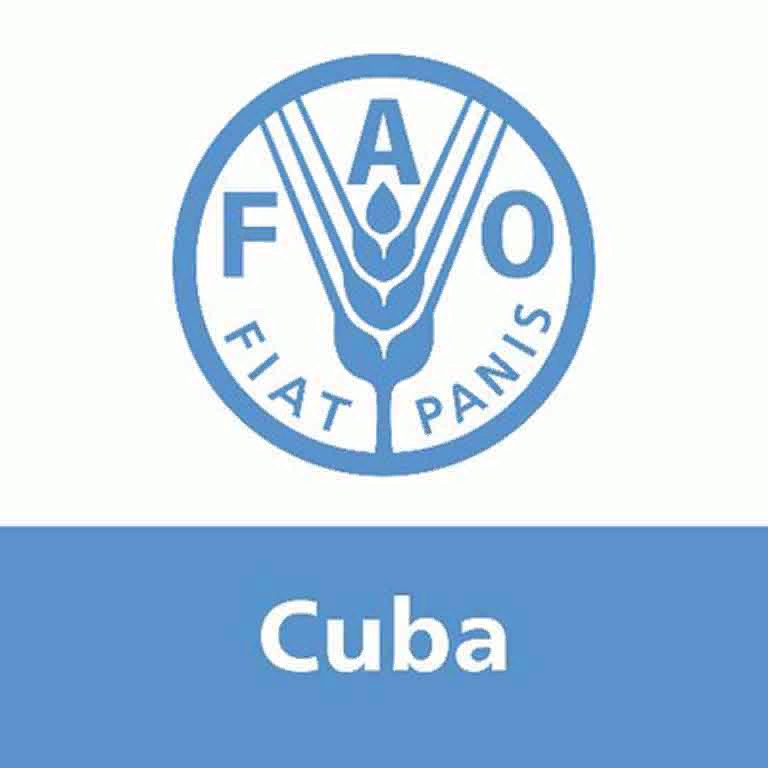
The Food Agriculture Organization and Cuba discussed technical assistance to the One Health Project on the island
Havana, April 11 (RHC) The Food Agriculture Organization and Cuba discussed on Tuesday technical assistance to the One Health Project on the island and the agricultural health agenda in support of strengthening sustainable agriculture.
FAO’s technical mission explained that the accompaniment to the Government of Cuba aims at advancing the One Health Project. According to FAO specialist in plant protection and risk management, Jaime Cárdenas, among the objectives of the mission is the strengthening and determination of possible mechanisms for multidisciplinary and intersectoral epidemiological surveillance for early warning and rapid response to emergencies.
Other objectives are giving recommendations for the development of protocols for action against pests and diseases of global importance; the construction of national capacities regarding the phyto-zoosanitary situation; and management and control strategies.
The expert recognized the multidisciplinary and intersectoral work that Cuba develops to guarantee early warnings and rapid responses for forecasting and modeling.
On the other hand, the animal health specialist from the FAO Regional Office in Mesoamerica, Eva Bravo, stressed that 60 percent of infectious diseases in humans are of animal origin, and 75 percent of emerging infectious human diseases also have an animal origin.
Also, 80 percent of the pathogens that can be used for bioterrorism purposes are zoonotic, not to mention the economic losses of these diseases, Bravo emphasized.
On the Cuban side, María Irian Percedo, coordinator of the technical mission and head researcher of the National Center for Agricultural Health, shared some of the experiences of intersectoral work for the implementation of the One Health national strategy.
Percedo explained that for Cuba it is defined as the strategy for the achievement of optimal health of people, animals, plants and the environment through prevention, control and rapid response actions to any danger.
Such actions must be developed through intersectoral and multidisciplinary collaboration, from the communities to the national level, to maximize the rational use of the country's resources, and to guarantee the harmonious and sustainable development of society.
Among the existing capacities on the island, she indicated, are strengths such as territorial studies on sanitary disasters in animals, plants and people; disease prevention and control programs; epidemiological surveillance systems; diagnostic laboratories; reference and research centers for different hazards in responsible sectors; a State plan to face climate change, among others.
However, there are difficulties in the development and uneven infrastructure in surveillance and diagnostic networks in the different sectors, lack of reagents, technological obsolescence, weak intersectoral actions, and insufficient collaboration mechanisms.
Percedo highlighted that so far, among the priority work areas identified are epidemiological surveillance and diagnosis, antimicrobial resistance, zoonoses, and food safety and security. (Source: Prensa Latina)

